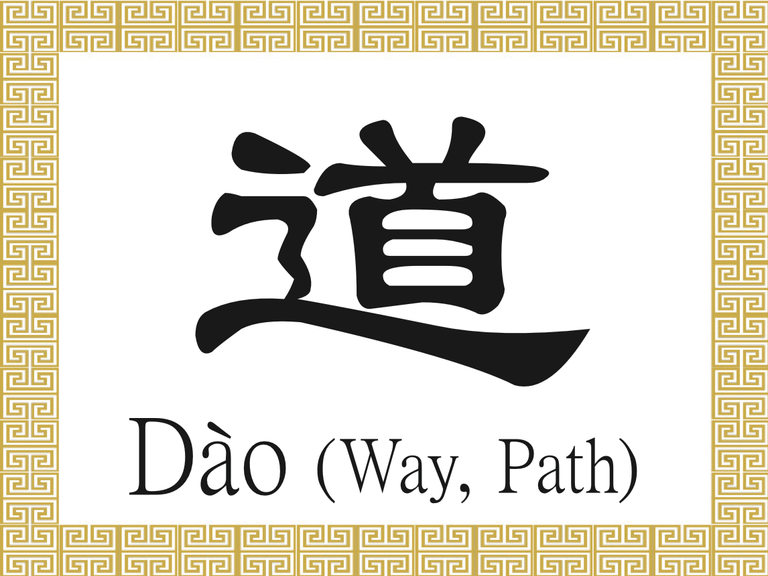A more compassionate Steemit
Steemit like society is built when folks begin praising one another's talents. Morality is something which is nurtured since childhood and clearly states what's right and what's wrong.
What was unethical ten years back, may be ethical today for the reason that it benefits the men and women in power. Becoming ethical whilst running a company for example offers immense satisfaction. Business ethics is now significant in this blockchain economy for a number of businesses, and their principles are the most significant thing.
What the crowds won't tell you about ethics
Many small business schools now provide courses in small business ethics that are philosophical, as opposed to practical in approach.
They emphasize the philosophical, rather than the practical aspect of ethics. There are at least 30 small business schools in US alone that are addressing Asia's business ethics and changing the international business environment of globalisation.
Perhaps it's time for Steemit Inc. to consider its very own VP in Business or Corporate Ethics?
If Steemit is to be truly decentralized and fair, then it needs one more than ever. The @mindhunter resume is at the end of this post (just joking!)
Be kind now!


This post has been ranked within the top 10 most undervalued posts in the first half of Apr 02. We estimate that this post is undervalued by $0.11 as compared to a scenario in which every voter had an equal say.
See the full rankings and details in The Daily Tribune: Apr 02 - Part I. You can also read about some of our methodology, data analysis and technical details in our initial post.
If you are the author and would prefer not to receive these comments, simply reply "Stop" to this comment.
no
yes :)
Yes. For internal Steemit issues too!
Good idea @lynchiandream
(it might help your blacklisting issue??)
Some Kantian ethics are required for Steemit.
Kant’s theory is an example of a deontological moral theory–according to these theories, the rightness or wrongness of actions does not depend on their consequences but on whether they fulfill our duty.
Kant believed that there was a supreme principle of morality, and he referred to it as The Categorical Imperative
Ahhh ... I do love the explanations for The Categorical Imperative!